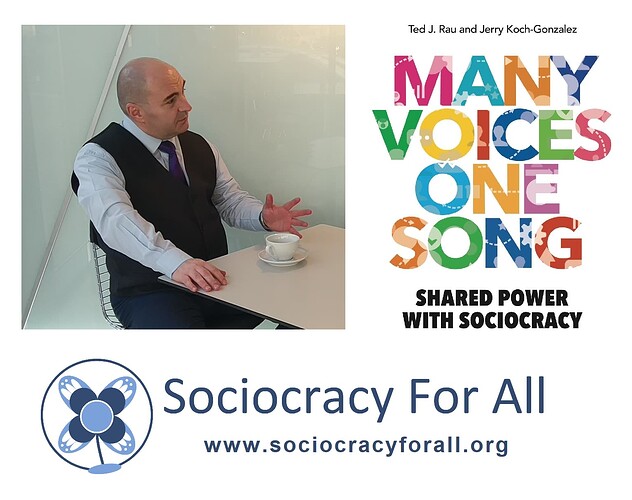The Principle of Equivalence in Sociocracy is a key principle of participatory decision-making processes. It suggests that involving all affected parties in making and evolving decisions leads to increased engagement, accountability, and the use of distributed intelligence to achieve objectives.
By involving people who will be affected by a decision, you not only increase their engagement but also their ownership of the decision-making process. This leads to greater accountability and a sense of responsibility to ensure that the decision is implemented effectively.
Furthermore, involving people with different perspectives and experiences can help to generate a more comprehensive understanding of the situation and potential solutions. This distributed intelligence can lead to better decision-making and more effective solutions to complex problems.
The Principle of Equivalence in Sociocracy emphasizes the importance of inclusivity and collaboration in decision-making processes. By involving all affected parties and making use of their unique perspectives and experiences, we can increase engagement, accountability, and the effectiveness of our sociocratic decision-making process.
Here are some examples of how the principle of equivalence is applied in sociocracy:
- Decision-making:
In a sociocratic organization, decisions are made by consent rather than by majority vote. This means that every member has an equal say in the decision-making process, and everyone’s opinion is taken into consideration.
By ensuring that every member has an equal say, the principle of equivalence helps to prevent power imbalances and ensures that decisions are made in the best interest of the organization as a whole.
- Circle meetings:
In sociocracy, decision-making and communication take place within circles. Each circle has an certain number of members, and decisions are made by consent within the circle.
By ensuring that circle members talk in round, the principle of equivalence helps to prevent power imbalances and ensures that everyone has an equal say in the decision-making process.
- Role definition:
In sociocracy, roles are defined by the circle rather than being assigned by a manager or leader. This means that every member has an equal opportunity to take on different roles within the organization through a selection process. The sociocratic selection process serves to fill roles based on qualification and skills in a transparent way. Every person is selected into roles for a set term. The length of that term is completely up to the circle.
By ensuring that every member has an equal opportunity to take on different roles, the principle of equivalence helps to prevent power imbalances and ensures that everyone’s skills and talents are utilized in the best interest of the organization.
- Remuneration:
In sociocracy, remuneration is based on the value of the work performed rather than on hierarchy or seniority. This means that every member is compensated based on the value of their work, regardless of their position within the organization.
By ensuring that every member is compensated based on the value of their work, the principle of equivalence helps to prevent power imbalances and ensures that everyone’s contribution is recognized and valued.
I recommend the following Sociocracy Manual to learn more about the Principle of Equivalence in Sociocracy:
The community of Practice for Facilitators offer the opportunity to use NVC as a facilitator and to share real life experiences about how you use NVC in facilitating sociocratic meetings.
I invite you to attend the meetings of SoFA Community of Practice for Facilitators (CoP-F)

Meeting time:
The meeting for this group is on the second Monday of each month for 90 minutes.
There are two different events on the same day:
CoP-F East: at 14:00 UTC
(for zones like Asia, Europe, Africa and eastern North America)
and
CoP-F West: at 18:30 UTC
(for zones like western North America, South America or Asia-Pacific).
We want to offer everybody the opportunity to choose a convenient meeting according to their/her/his time zone.
Community of Practice for Facilitators (CoP-F) discussion forum page:
Meeting Facilitation and Decision Making Sheet article:
In the Community of Practice for Facilitators (CoP-F) no one teaches anyone, but we all learn from each other by practicing and sharing real life experiences about the principle of equivalence in sociocracy.
We welcome your presence and contribution. It will enrich all of our sociocracy knowledge.
Best wishes to all of you!

